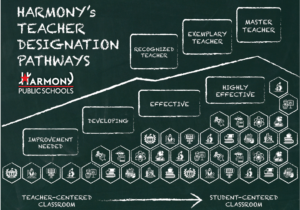Competency Education: The Solution to Retention

By Rose Colby
Recently a group of teachers was working on performance tasks and assessments. They were aligning their units of study to competencies based on the Common Core State Standards. An interesting conversation erupted in the group. It was clear that the performance indicators they were designing within their performance tasks represented a more rigorous approach than in the past. One teacher wondered what will happen to students who, by the end of the school year, do not demonstrate mastery of the literacy competencies. When I asked what happened in the past when students failed at the end of the school year, the teacher answered: “ Well, we retain them.”
As a former middle school principal, I know that decisions about retention are difficult. In spite of knowing the adverse effects of retention on future success, educators and parents generally spend many hours considering interventions and social emotional issues before arriving at the decision to retain a child.
As we turn the corner in designing new learning systems, the notion of considering retention can now be safely set aside. In a competency based learning system, no child is retained. It is as simple as that. Why? Because with the design of learning progressions, mastery is also progressive. Our students will move through our learning systems with forward progress at all times. Some students will need more support, customization, and time to do so. Educational leaders will have the ability to use resources within their organizations very differently.
At the recent iNACOL Virtual Symposium, Susan Patrick, iNACOL’s Chief Executive Officer, commented on the hold that seat time has in our educational systems in spite of policy which allows us to design learning systems differently. I propose that when decisions about student learning and instructional supports and resources are made based on customized learning with identified learning progressions that are not grade level based, we will break through the hold that seat time has on moving competency education forward. What better place to start that breakthrough than in those conversations we have about students who are struggling to learn.
Rose Colby is a competency based learning and assessment specialist. She is the co-author of “Off the Clock: Moving education from Time to Competency” (Corwin, 2012).





0 Comments
Leave a Comment
Your email address will not be published. All fields are required.